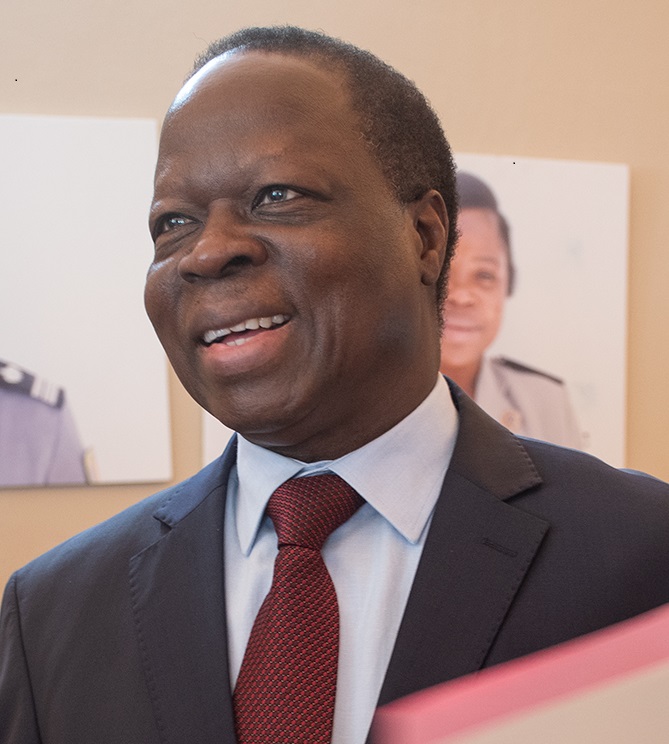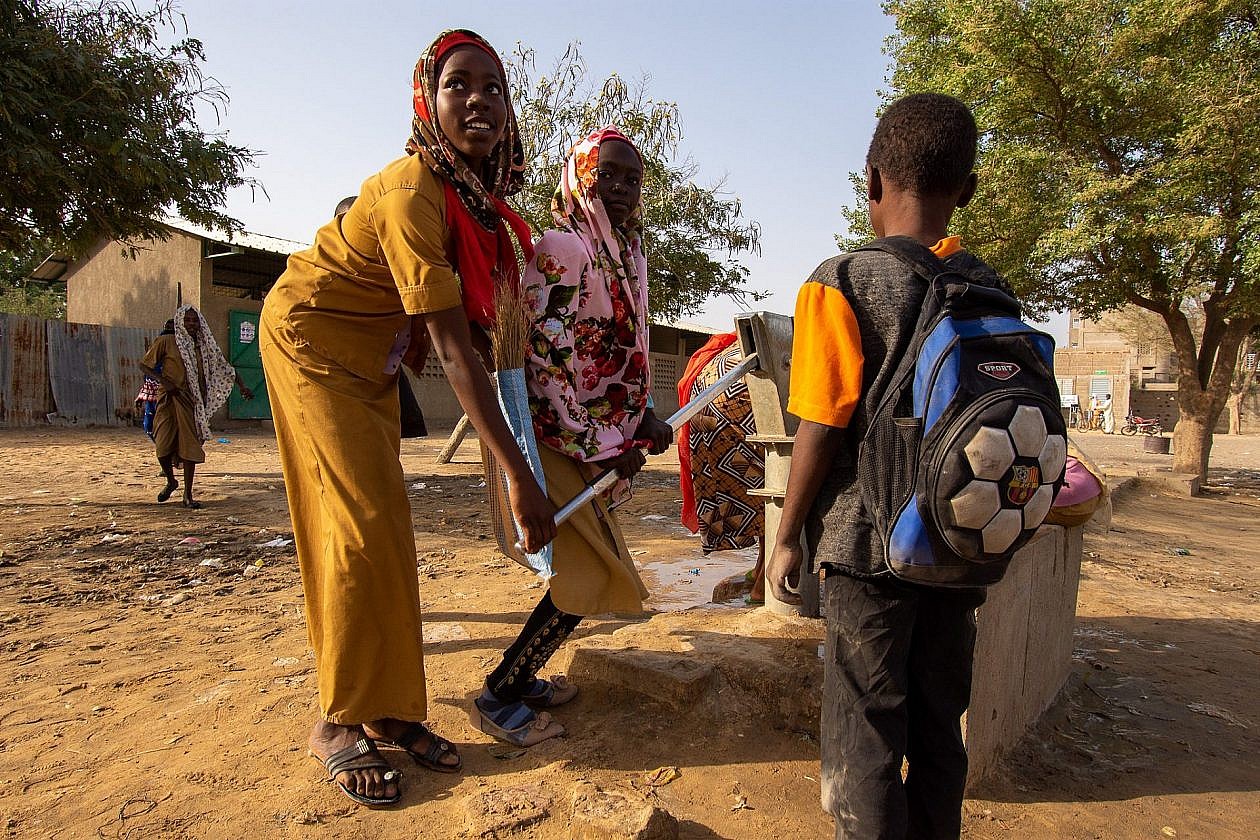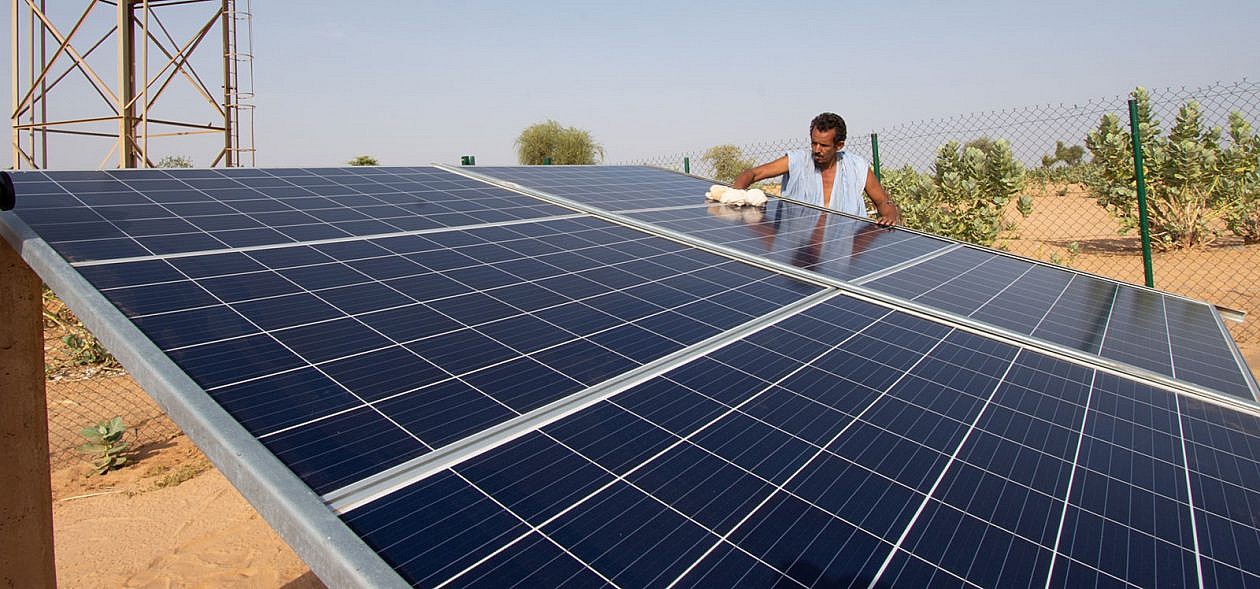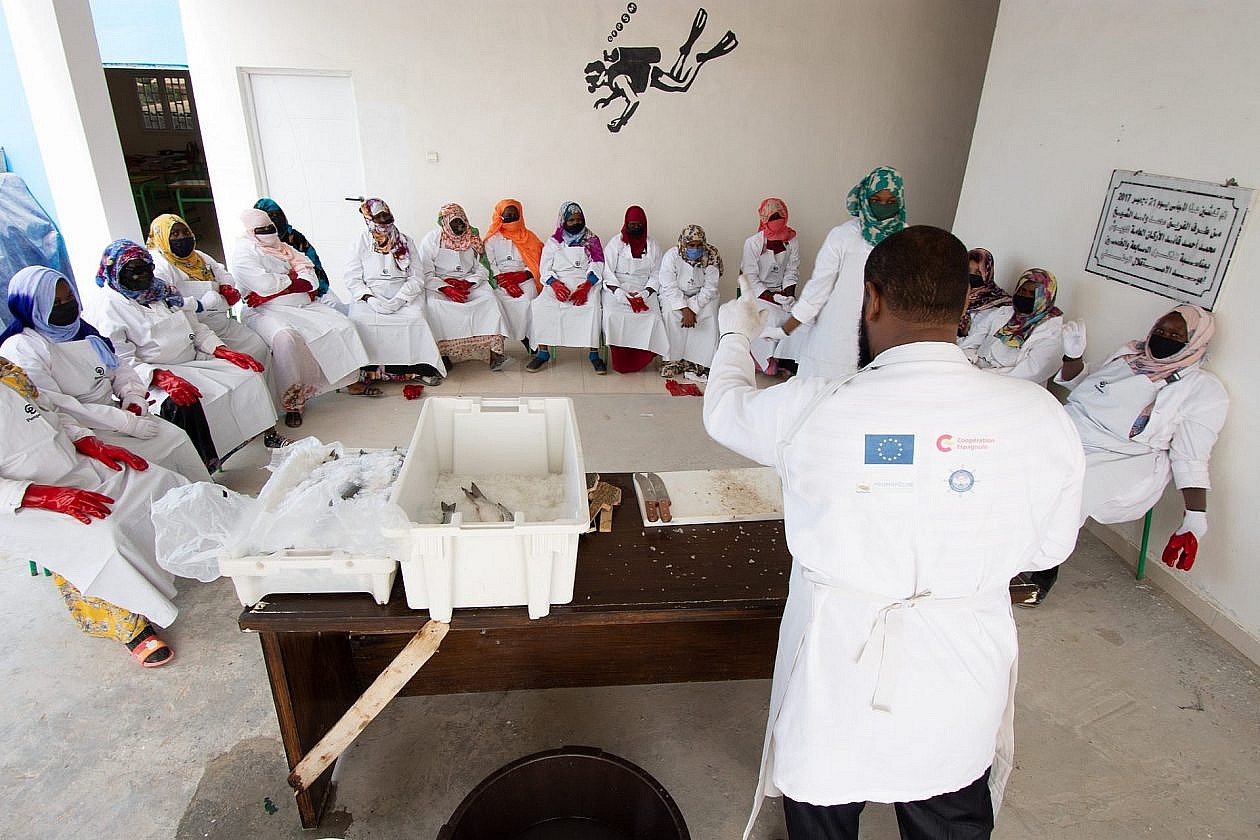“The G5 Sahel populations want to see concrete actions”

Interview with Eric Tiaré, Executive Secretary of the G5 Sahel
What do you think are the priorities to work on today to improve the living conditions of the people in the G5 Sahel region ?
The G5 Sahel was created to fight insecurity in the G5 region, but also to promote development. Today, the security situation continues to deteriorate, the development challenges are still enormous because we can no longer implement projects in certain areas. As a result, impoverishment persists, populations are migrating… it is a very sad observation. The reasons why the G5 was created are even more relevant these days as pertains the fight against insecurity, terrorism and our work for the development of the populations.
In your opinion, what are the priority projects to improve the living conditions of the population?
If you look at the areas plagued by insecurity today, people have had to leave and naturally these areas do not have the same priorities as the more stable ones. For the people who have had to flee, mainly youths and women, and who find themselves internally displaced, their priority today is obviously security so that they can return to their villages. This is absolutely critical. In the meantime, we must be able to feed them, give them access to water, to schools… Our wish is also, in the more stable areas where we can still intervene, to implement quick-impact projects, in order to stabilise and provide basic services to the populations so that they can thrive.

What messages do these displaced young people and women convey to you?
Our ” Human Development and Resilience ” department is very often on the ground. The messages they receive from certain populations is that the G5 Sahel’s actions lack visibility, particularly in terms of development. We are therefore trying to implement projects, particularly with the African Development Bank (ADB), to show that the G5 is working with the people, particularly the youth. For example, we have a project to support young entrepreneurs, aged 18 to 40, whose businesses have been affected by COVID. It is an initiative that supports nearly 500 businesses (100 businesses per country). So it is actions like these, tangible actions, that people want to see. We still have a lot of work to do. As you know, the Executive Secretariat does not really have the means to deploy and support the implementation of projects, and that is why we are also counting on the partners to be as helpful as possible. We need to step up our efforts because there are still many challenges ahead.
How do you assess the potential of the G5 Sahel region? What inspiring practices exist at local level that deserve to be known on a larger scale?
The Sahel as a whole is an area of opportunity, everyone recognises this. The G5 Sahel region in particular has enormous potential. All the countries possess natural resources, for example, but we often have to turn to foreign companies to exploit them (mines, oil, etc.).
The G5 Sahel region also represents a market of almost 100 million inhabitants. By 2050, if the demographic growth continues (3% per year), this figure will reach 200 million. The population as such is an asset. And young people are a goldmine. Unfortunately, if they are not employed or enrolled in schools, they are at risk of joining terrorist movements.
The sun is another potential that we can really develop and harness. The Sahel Alliance is focusing on electrification, especially in remote areas, and is searching for innovative solutions. This is crucial because energy contributes to education, health, etc.

Projet AFD, Mauritanie. Photo: Aude Rossignol/Alliance Sahel
Livestock farming and fishing are also important resources. Mauritania is one of the most fish-filled areas in the world. Agriculture is also a key asset, as most of our countries are agricultural areas. These are threatened by rainfall, climate change and insecurity-related issues. Displaced people can no longer cultivate. Food instability is on the rise because we can no longer produce enough as the right conditions are no longer in place. We must therefore pursue our efforts and focus on agriculture and livestock farming in order to feed the population. We must also develop product processing and build slaughterhouses, rather than sending our live animals to Côte d’Ivoire or to coastal countries for them to be sold. Our countries have something to gain from developing an industry that can produce milk and meat, that is added value.
Finally, I will conclude with the political will. The G5 countries have joined forces to pool their efforts and resources, because they realised that fighting insecurity and development on their own is not an option. For me, this political will is really important.
What expectations do you have of the Sahel Alliance Assembly, which is being held on 4 April, and of the future of the partnership between our organisations?
I would say that first of all we should welcome the existence of the Alliance, with which SEG5 is really perfectly in sync. We are all working together to achieve something bigger. I also welcome the fact that the General Assembly (GA), under the Spanish presidency, is being held in Madrid at the beginning of April, despite the current context of deadlock in the G5 Sahel bodies.

Our Emergency Development Programme has been implemented with the Sahel Alliance. It is important to maintain this momentum. We need to take swift action to help the suffering populations, so that they can enjoy better living conditions while waiting to return to their homes. We hope that at the end of this GA, the necessity to continue implementing everything we have started together will be recognised. As you know, we are currently working on our new Development & Security strategy, we have involved almost all our partners in the thinking process and we are counting on the SA to help us finalise this new strategy. The more coherent and well-understood the strategy is among all the partners, the more effective the support will be. For me, these are the main lines along which we must work.
Finally, today everyone is looking towards Ukraine. Millions of euros are being spent to support Ukraine and, of course, I am obviously pleased about that. But this is no ground for abandoning the Sahel. Terrorism is now spreading towards the coast, and if the coastal countries are affected, Europe is right next door. We must therefore continue to support the Sahel in general, and the G5 organisation in particular, which today is the organisation whose main objective is to fight terrorism in the region. This is also an appeal to the members of the Sahel Alliance. I know they are all very committed, but I think they can ask other countries to support us so that we can hope to stem the tide of terrorism and allow the Sahelian people to return home.
What are the current challenges facing the G5 Sahel?
At the moment, we are facing difficulties in the G5 Sahel and I hope that this situation will be resolved very quickly. We hope, for example, that a compromise will be found for the Malian crisis. I hope that Mali and ECOWAS can agree on a consensual timetable to allow the sanctions to be lifted. These multiple crises (political, security, humanitarian…) are really difficult to manage. We are therefore counting on all those of good will to help us come out of this difficult phase.

